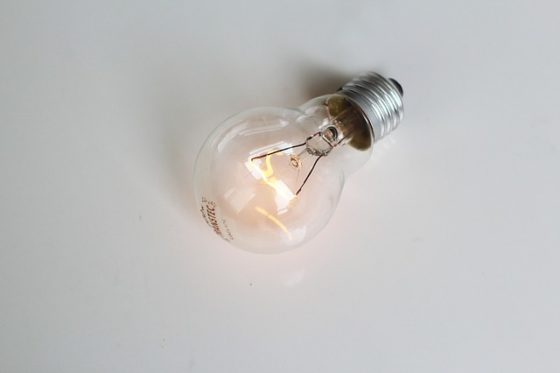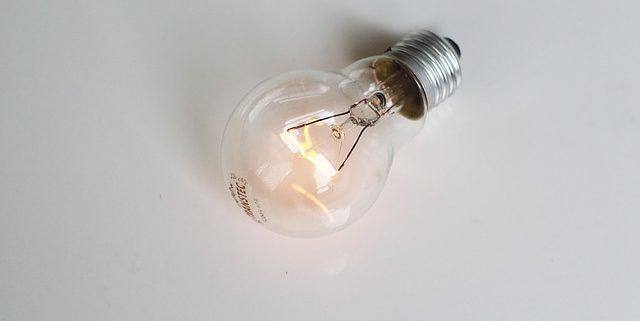Protecting Your Invention: Patent Law Basics
 Picture it: you’ve spent years working on your amazing invention. Now imagine that you don’t take action quickly enough, and someone swoops in to steal your idea- and the profits from it. You’ve lost all the time, effort, and money you put in and you’re not getting anything out. What can you do?
Picture it: you’ve spent years working on your amazing invention. Now imagine that you don’t take action quickly enough, and someone swoops in to steal your idea- and the profits from it. You’ve lost all the time, effort, and money you put in and you’re not getting anything out. What can you do?
It seems like you should be able to show that you came up with the idea first and get the rights to the invention, but unfortunately it’s not enough. You need to take extra steps to protect your “intellectual property” – an idea, invention, or process that you created. In most cases, that means getting a patent.
Patents, Trademarks, and Copyrights
It’s easy to get patents, trademarks, and copyrights confused, so let’s take a moment to clarify which one you need. All three involve making a legal claim to a valuable piece of intellectual property, but each covers a different kind. Trademarks are typically used to protect things like brand names and logos – things that confer valuable brand recognition. Copyrights generally apply to creative output like books and music. And when it comes to protecting a new invention, an improvement to an old product, or a new or improved production process, patents are the tool of choice for protecting your intellectual property.
What Can I Patent?
Under federal law, you may apply for a patent under one of four categories: a methodological process, a machine, a method of manufacture, or a composition of matter. In other words, you could invent a new way to produce tires and patent that process – you don’t get the patent on the tires themselves, just on the process you created. In order to get a patent, your invention must be sufficiently different from existing products or processes. That’s not always easy to determine, especially when we’re talking about improvements to existing processes or products, so you’ll need to consult an attorney to find out if your invention qualifies. Generally, the changes or additions must be “non-obvious” to a person skilled in that area of technology.
In addition, the product or process you want to patent must be economically useful. That means it must be possible to sell the product or use the process to create a product that can be sold.
What Rights Will A Patent Give Me?
The main point of getting a patent is preventing other people from using your invention. That’s the central right – you can exclude others from making, using, selling, or importing your invention. If you don’t have the ability or desire to use or product your invention yourself, you can license it out to other parties for a fee. Most patents are valid for 20 years, after which time anyone can use the idea.
If someone violates your patent rights, you have the right to sue them in federal court. You can ask for an “injunction,” which is a legal order that forces them to stop using or producing your patented invention. You can also ask for damages – money to compensate you for the unauthorized use of your idea.
How Do I Get A Patent?
Before you even begin the process of getting your own patent, you should start by conducting a search to determine if your idea has already been patented. Your patent attorney will be able to perform that search, or you can start yourself using US Trademark and Patent Office resources. If there aren’t any patents already covering your idea, then it’s time to move to the next step.
The next move is filing your application for a patent. The contents of the application will vary depending on the type of invention you want to cover, but will involve detailed descriptions of the name and function of your idea.
This is where it really helps to have a lawyer – patent laws are complicated and a mistake on your application could cost you the patent or could leave you with a patent that doesn’t fully protect you. If your case is a complex one, you may need dozens of forms and potentially even an interview.
If your application is denied, you do have the right to appeal. You’ll need to talk to your attorney about how to update or amend your application and defend it on appeal.
Other Considerations
A patent is a great way to protect your hard-earned invention and ensure that you get the benefit of your ideas. However, it may not be the right choice for everyone. It can be expensive – north of $20,000 in some cases. In addition, some inventions may be so unique and innovative that no one else has anything close. Patents are a matter of public record, so it may be better to keep the secret to prevent others from taking advantage of your discovery.
If you’ve invented something new, take the time to consult a patent attorney to learn about your rights and options and discuss whether a patent is the right choice for you.
Are you in search for a certified attorney to represent you?
Let us help you find one today!



My brother has a great idea for a new product but isn’t sure where to start. I like your point about how a patent attorney can help you find out if the invention has already been patented. I’ll be sure to recommend he find a lawyer in town to verify this before he does anything else. Thanks for sharing!
Thanks for reading, Derek! Let us know if you have any questions, we’re always happy to help : )
It’s really interesting to learn more about patents. I had no idea that you can actually patent the process of doing something, not just an invention itself. I wonder how many things actually have a patent that we just take for granted today.